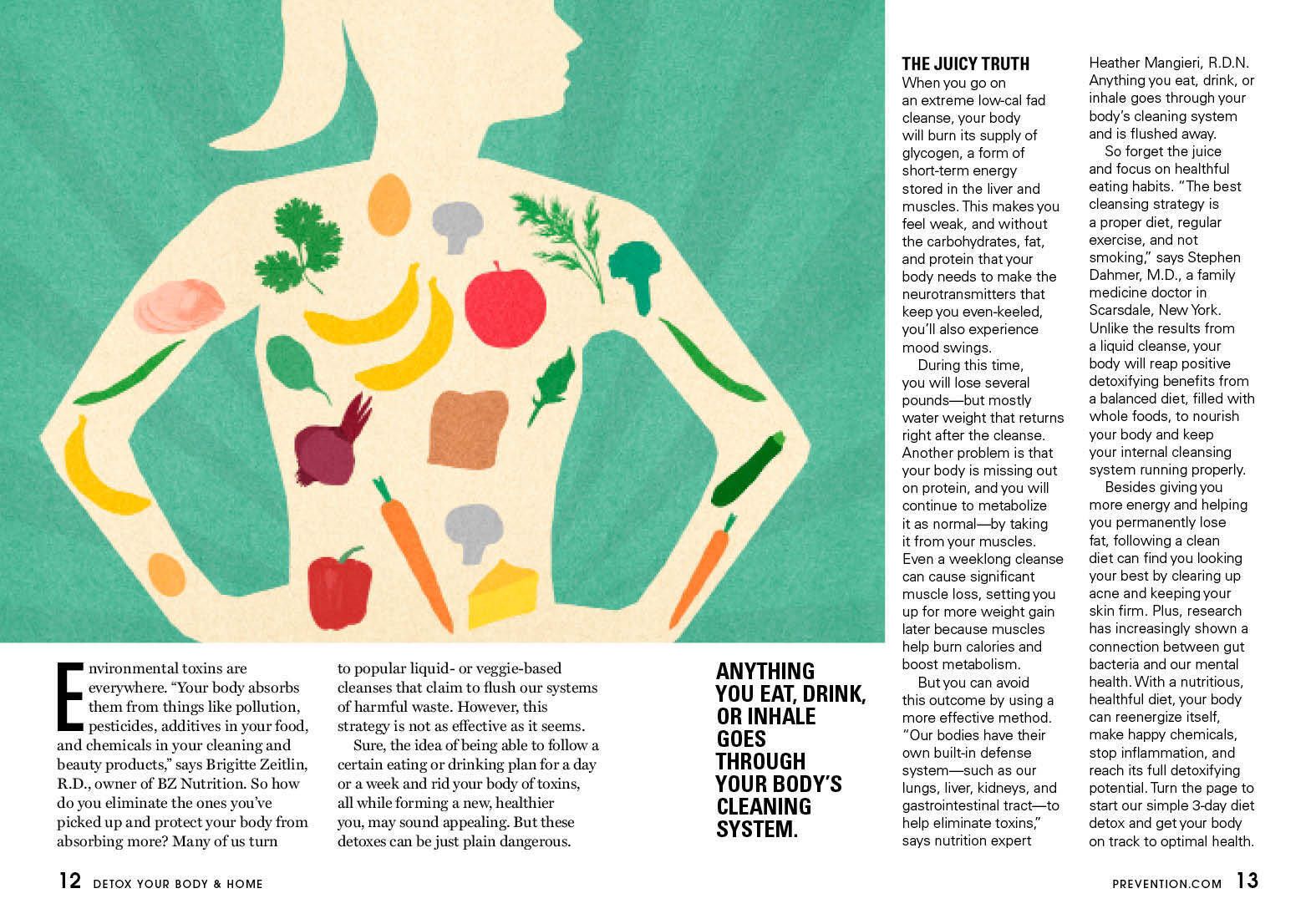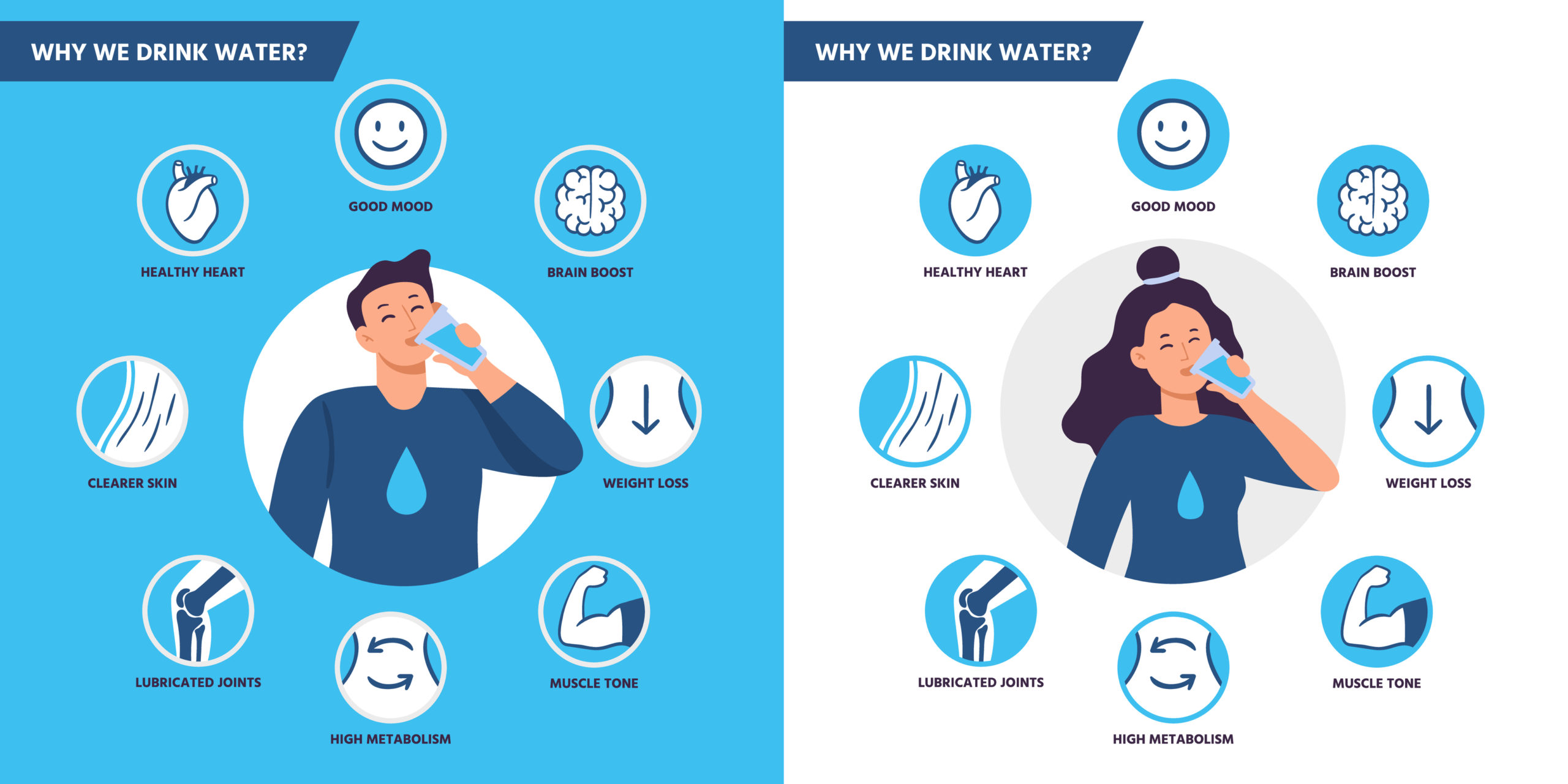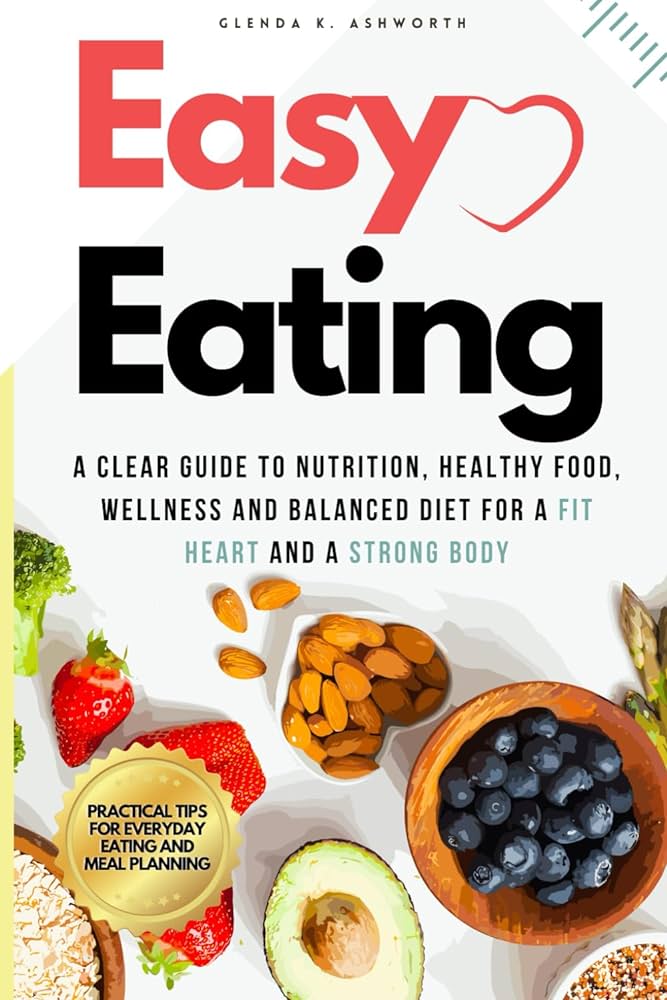Detox. A term that has buzzed around the health and wellness industry for years. From juice cleanses to fasting, there are countless techniques out there claiming to flush out toxins, boost energy levels, and improve overall well-being. But with so many options available, how do you know which detox method is truly safe and effective?
As someone who has experimented with various detox techniques, I am here to share my personal experiences and shed some light on the subject. Before we dive into the nitty-gritty, let’s clarify what detoxification actually means.
Detoxification is the natural process through which our bodies eliminate toxins. Our liver, kidneys, digestive system, and skin work tirelessly to filter out harmful substances, ensuring our bodies remain in a state of balance. However, with the ever-increasing exposure to pollutants, toxins, and chemicals, our bodies can sometimes use a little extra support to effectively detoxify.
One popular detox method I tried was a juice cleanse. Armed with a variety of colorful blends, I embarked on a three-day journey into liquid nourishment. While I cannot deny feeling a sense of accomplishment and a temporary surge in energy, the long-term effects were quite different. I noticed a dip in my blood sugar levels, leaving me feeling light-headed and craving solid food. Additionally, the lack of fiber from whole foods left my digestion feeling sluggish.
Through this experience, I came to realize that a well-balanced diet already supports our bodies in their natural detoxification processes. Rather than subjecting ourselves to drastic measures, it is crucial to focus on nourishing our bodies with whole, nutrient-dense foods. Incorporating plenty of fruits, vegetables, whole grains, and lean proteins can provide the vitamins, minerals, and fiber needed for optimal detoxification.
Another technique I explored was intermittent fasting. The idea was to restrict eating to a specific window of time, typically 8-10 hours, followed by a fasting period. While intermittent fasting had its merits, such as weight management and improved insulin sensitivity, I found it challenging to sustain in the long run. Fasting for extended periods left me feeling fatigued and irritable, making it difficult to maintain my usual productivity and focus.
As I delved deeper into the world of detox, I discovered the power of lifestyle modifications to support a healthier body. Simple practices like staying hydrated, engaging in regular exercise, and getting enough sleep all play a crucial role in detoxification. Drinking an ample amount of water not only helps flush out toxins but also ensures optimal functioning of our organs. Physical activity, whether through cardio, yoga, or weight training, increases blood circulation, allowing for more efficient toxin elimination. And let’s not forget about the rejuvenating powers of a good night’s sleep, enabling our bodies to repair and detoxify while we rest.
While it can be tempting to jump on the latest detox bandwagon, it is essential to approach these trends with caution. Extreme detoxification methods, such as extended water fasts or restrictive diets, can do more harm than good. These techniques can lead to nutrient deficiencies, muscle loss, and an unhealthy relationship with food.
Instead, I discovered the beauty of incorporating gentle detox practices into my daily routine. One of my favorites is sipping on warm lemon water each morning. This simple elixir aids digestion, stimulates liver function, and alkalizes the body. Another fantastic addition is herbal teas, such as dandelion or nettle tea, which offer gentle detoxification support to the liver and kidneys.
The mindfulness aspect of detoxification should not be overlooked either. Taking the time to unwind, engage in stress-reducing activities such as meditation or yoga, and connecting with nature can further support our bodies’ natural detoxification processes. Stress hormones, such as cortisol, can hinder detoxification and impact our overall well-being. Therefore, finding ways to manage stress is an integral part of a holistic detox approach.
Lastly, it is crucial to remember that everyone’s body is unique. What works for one person may not work for another. It’s important to pay attention to your body’s signals and consult with a healthcare professional before embarking on any intense detox regimens.
In conclusion, detoxification is not about taking extreme measures or following the latest trends blindly. It is about supporting our body’s natural processes through nourishing foods, healthy lifestyle habits, and mindful practices. By embracing a balanced approach and listening to our bodies, we can achieve safe and effective detoxification, leading to enhanced well-being and vitality.




